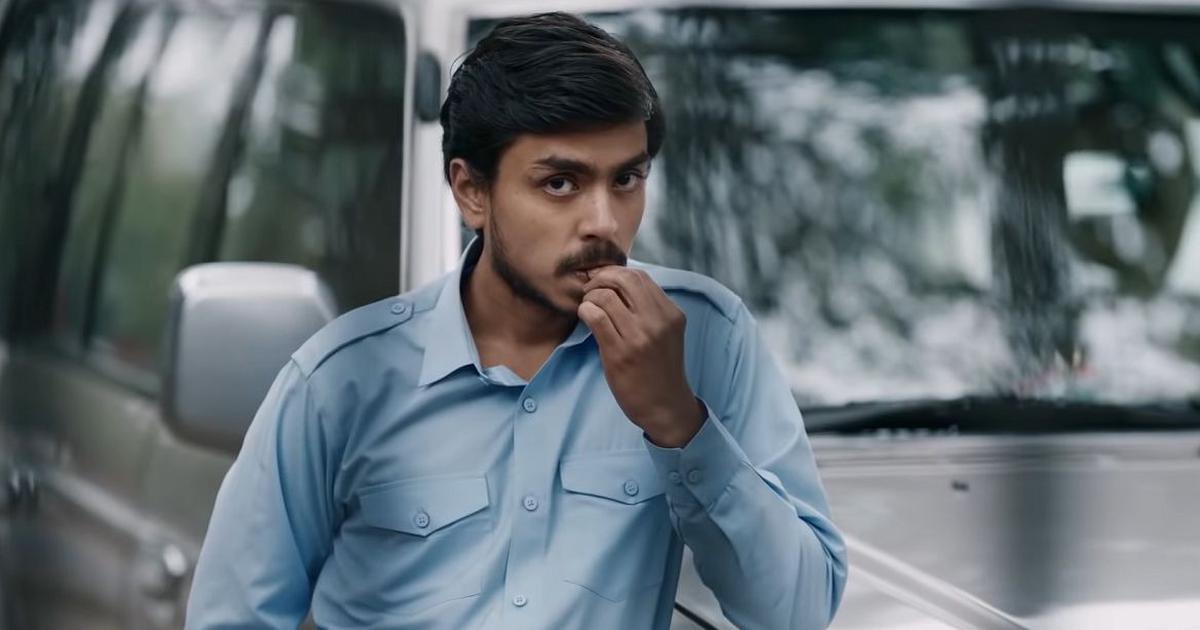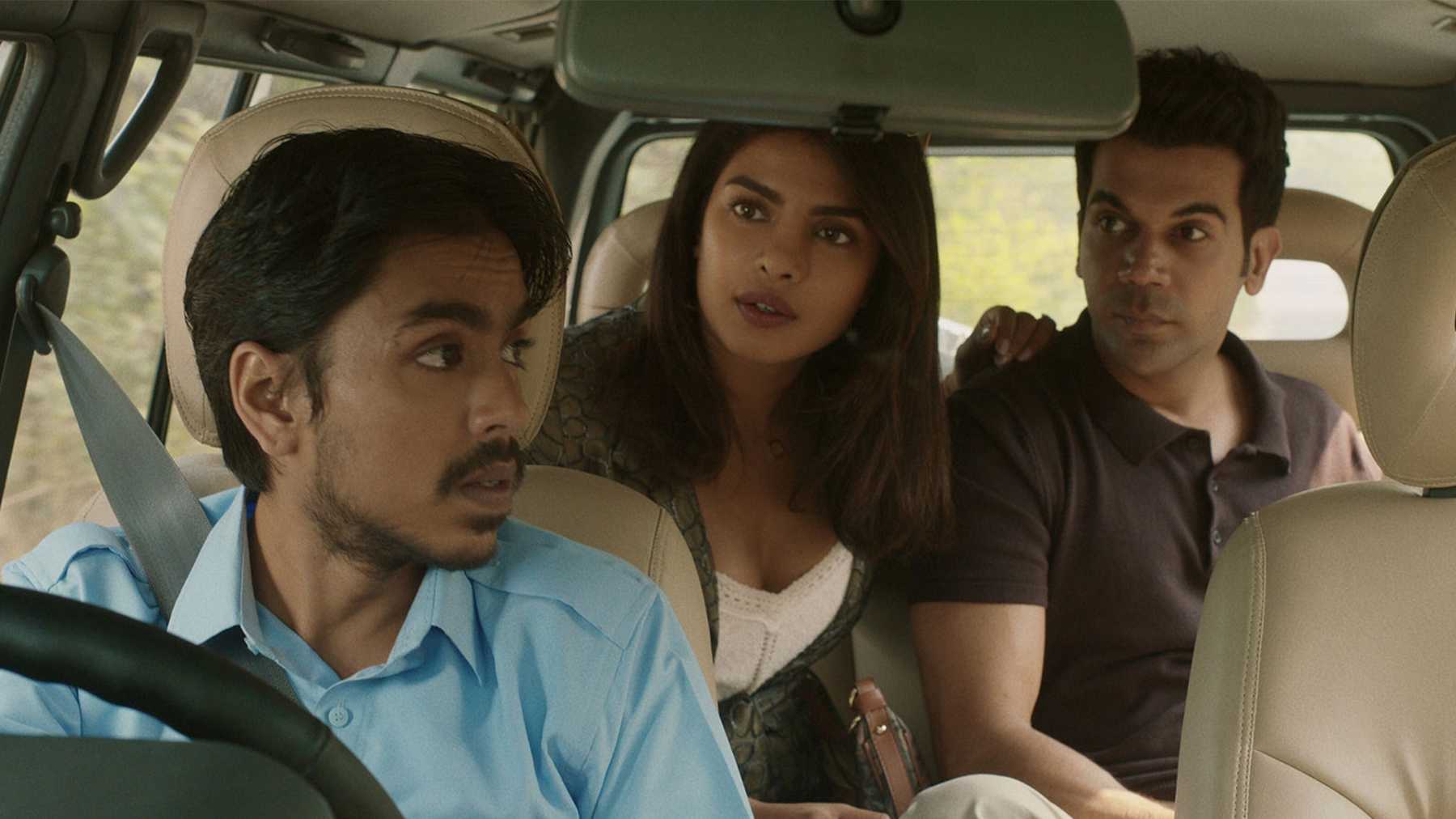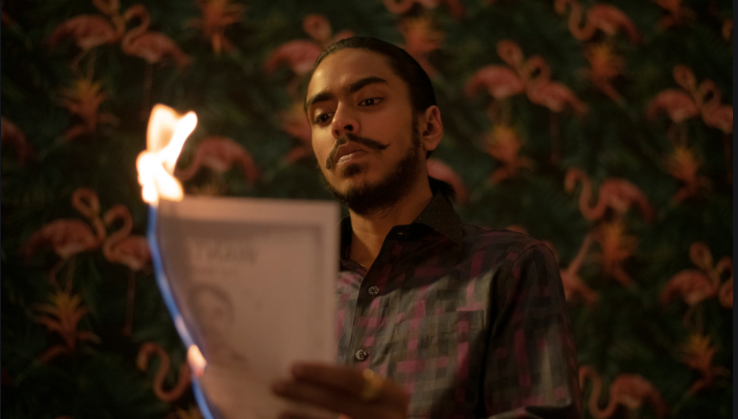India has one of the world’s largest and most prolific film industries, but it’s rare that western viewers get a glimpse of how Indian society actually functions. For one, many of those movies are escapist in nature, like musicals or action movies. But even when they do have more significant cultural and sociopolitical issues on their minds, they are designed for the consumption of other Indians. It takes some sort of crossover element, which in many cases is actor Dev Patel (Lion, Hotel Mumbai, Slumdog Millionaire), to export India to the rest of us.
The crossovers in the new Netflix movie The White Tiger are producer-star Priyanka Chopra Jonas, American executive producer Ava DuVernay and Iranian-American director Ramin Bahrani, and the movie has a loaded comment suggesting Slumdog Millionaire isn’t giving us the real India either. When discussing the inescapability of the social structure, which divides society into high and low castes that function in a co-dependent master-servant relationship, narrator and main character Balram Halwai (Adarsh Gourav) states drily “Don’t think for a second there’s a million rupee game show you can win to get out of it.”
In addition to directing, Bahrani adapts Aravind Adiga’s 2008 novel of the same name, which details one man’s desire to get out of what the film refers to as the “rooster trap” of the servant class. Roosters, according to Balram’s narration, can see what is happening to the other roosters ahead of them, and that they will be the next on the chopping block. But they make no effort to escape their fate, just as many Indians who are born into generations of servitude make no effort to better themselves, so culturally ingrained is their notion of their value in society, and the low ceiling of that value.
Balram gets an idea planted in his head from a young age that he could be the exception. He’s singled out at school for his academic promise, labelled a “white tiger” (a creature born only once in a generation), but a family debt to the local landlord, nicknamed the Stork (Mahesh Manjrekar), limits his upward mobility as he’s pulled from school and forced to work in a local tea shop. Clinging to the remainder of his inner drive, he leaves his small village of Laxmangarh to find work as a driver for the landlord’s family in a posh area of nearby Dhawan – specifically the landlord’s son, Ashok (Rajkummar Rao), who has just returned from America with his bride, Pinky (Chopra Jonas).
At first Balram’s ambitions are limited to making enough money to support his family back in Laxmangarh. But exposure to the fine living of the Stork and his family give him some different possibilities, ones initially fuelled by envy but ultimately spearheaded by resentment. Ashok and Pinky treat him with a sheen of compassion, especially in contrast to his father’s brutal subjugation, but they also openly discuss Balram in front of him as though he were a lab rat to be poked and prodded, an example of a “low caste” Indian they hope to elevate to a better life with their progressive political philosophies. Their attempt to frame Balram for a terrible accident is a better indication of their views on his ultimate disposability.
In addition to the many things The White Tiger is doing to show Balram’s ascendency into a person of influence, which are reminiscent of Scorsese, the film also casts a gimlet eye on the hypocrisy of apparent forward thinkers. Ashok and Pinky can’t put their money where their mouth is when their own comforts are threatened, while a political candidate known as The Great Socialist (Swaroop Sampat) reveals she’s just as venal as any other corrupt politician. This is an India devoid of real heroes, as even Balram’s family just wants to bleed him dry of any money he can make as a driver, the final straw that separates Balram from morals he holds on to as long as he can.
The White Tiger might truly be depressing if it weren’t for Bahrani’s skill weaving it all together and keeping it light on its feet. The director has had a couple careers already at the young age of 45, debuting in 2005 with Man Push Cart, the first of three acclaimed independent films with unknown casts. As the accolades inevitably meant the involvement of bigger talent, Bahrani’s films really suffered, until he made a really undistinguished adaptation of Fahrenheit 451 for HBO in 2018. The White Tiger puts Bahrani back on track in a kind of best-of-both-worlds scenario, showcasing the craft and narrative assuredness a raw talent would develop over the course of his career, with none of the baggage of Hollywood stars. And while The White Tiger isn’t going to supplant Man Push Cart, Chop Shop or Goodbye Solo as his best work, it might do nicely to usher in a new period for him.
Newcomer Adarsh Gourav is in almost every scene and is key to the complicated sympathies we feel toward Balram. He’s got a difficult balance to play in terms of what he describes as either loathing of his master masquerading as love, or vice versa. There’s an explicit contrast drawn between him in the shots where he appears next to Rajkummar Rao as Ashok, his darker skin and scraggly facial hair appearing next to the lighter-skinned, cleaner-shaven, more classically sculpted features of Rao. The White Tiger really digs deep into the underlying racism of the schism in Indian society, as these castes are informed by differences in biological heritages. We feel it as we see Gourav try to scrub away the things that make him unclean in the eyes of his master’s family, all his insecurities focused in a single desperate episode of brushing his teeth.
The film’s “rooster trap” metaphor is underpinned by the theory that “low caste” Indians are constitutionally unable to liberate themselves, but there’s more to it than that, and this is where there’s a second comparison to the works of Martin Scorsese beyond the will-to-power narrative. The trap is real, as we learn early on that you defy powerful men only if you’re willing to subject your family to the ultimate price. Before a master hires you on, he fully researches your entire family lineage, to better place them in the crosshairs at a moment’s notice. The persistent tension of The White Tiger is not a function of an actual body count, as it would be with Scorsese, but the imagined body count that might result from the audacity of your own hope.



